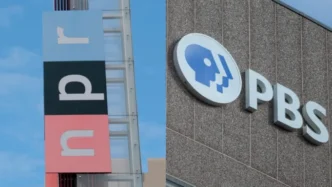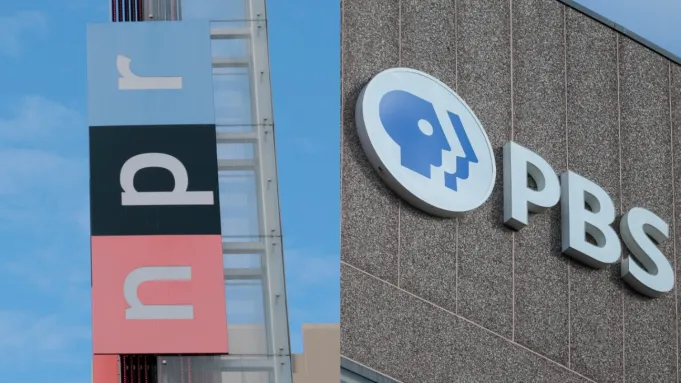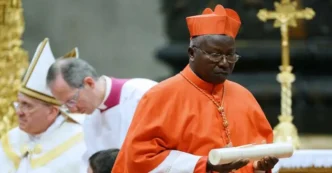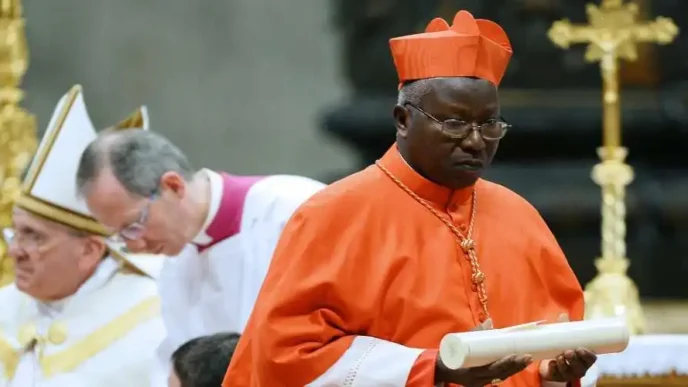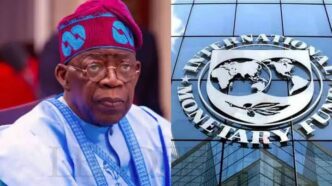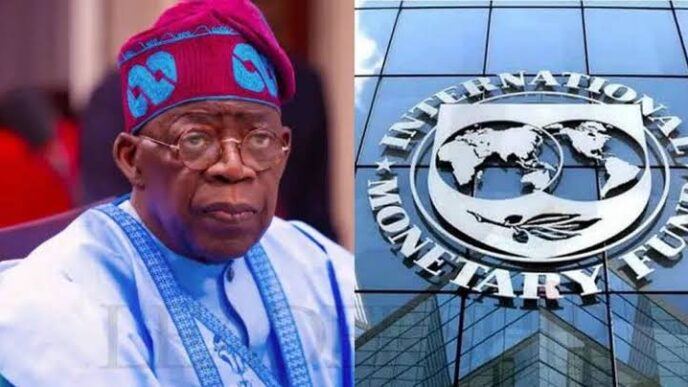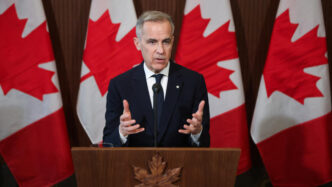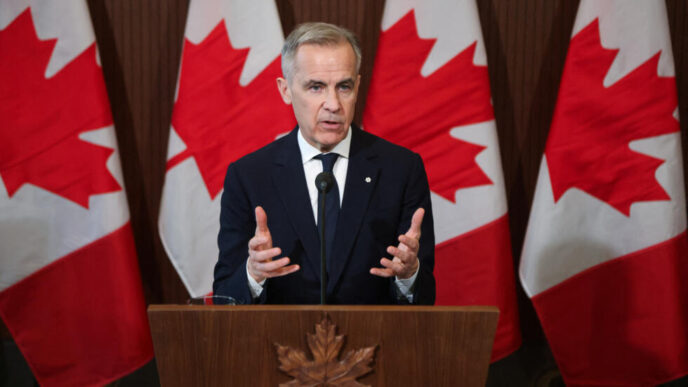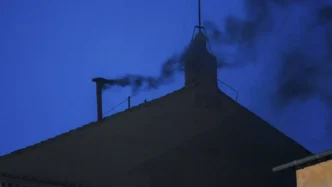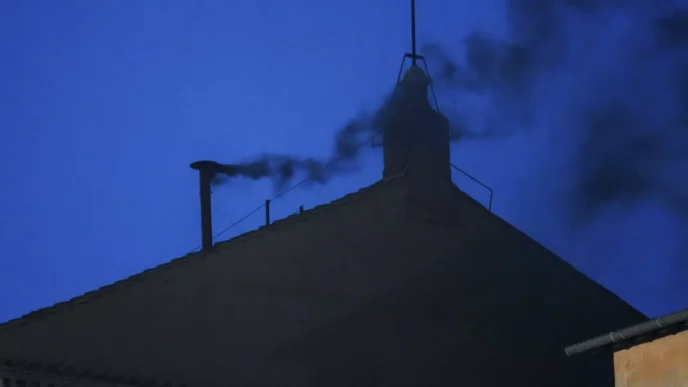In a controversial move that has sparked debate, the White House confirmed on Thursday, May 1, that President Donald Trump signed an executive order directing a halt to federal funding for public news outlets NPR and PBS.
The order mandates the Corporation for Public Broadcasting (CPB), which distributes federal funds to local public stations, to “cease direct funding” to these outlets.
The decision marks a significant step in what the Trump administration has described as a long-standing concern over what it views as political bias in public media.
According to the executive order, “The CPB Board shall cancel existing direct funding to the maximum extent allowed by law and shall decline to provide future funding.”
Moreover, a White House statement emphasized that not only would direct payments be stopped, but indirect support flowing from other publicly backed media bodies would also be discontinued.
“NPR and PBS have fueled partisanship and left-wing propaganda with taxpayer dollars, which is highly inappropriate and an improper use of taxpayers’ money, as President Trump has stated,” the statement read.
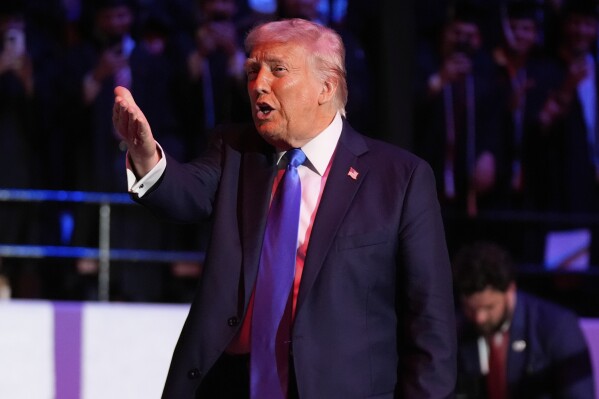
This move comes amid growing tension between the Trump administration and several media and academic institutions.
NPR, PBS, and even prominent universities like Harvard and Columbia have been accused by the administration of promoting a left-leaning agenda.
In response, public media funding cuts have been repeatedly proposed, despite bipartisan resistance from Congress in the past.
In addition to NPR and PBS, the Trump administration has previously attempted to shut down other government-funded news outlets, including Voice of America and Radio Free Asia.
However, a federal judge blocked those efforts in late April, calling them unlawful.
Human rights advocates have raised concerns about the broader implications of such actions.
Issues relating to press freedom, academic independence, and free speech have been repeatedly highlighted.
Meanwhile, leaders of NPR and PBS have expressed alarm over the executive order, warning it could harm the public’s access to trustworthy information.
In a previous statement, Paula Kerger, President and CEO of PBS, said the plan to withdraw funding would deeply impact communities across the country.
She stated, “The Trump administration’s effort to rescind funding for public media would disrupt the essential service PBS and local member stations provide to the American people.”
Kerger further noted, “There’s nothing more American than PBS, and our work is only possible because of the bipartisan support we have always received from Congress.”
Furthermore, she highlighted how public broadcasting supports children’s education and provides high-quality programming.
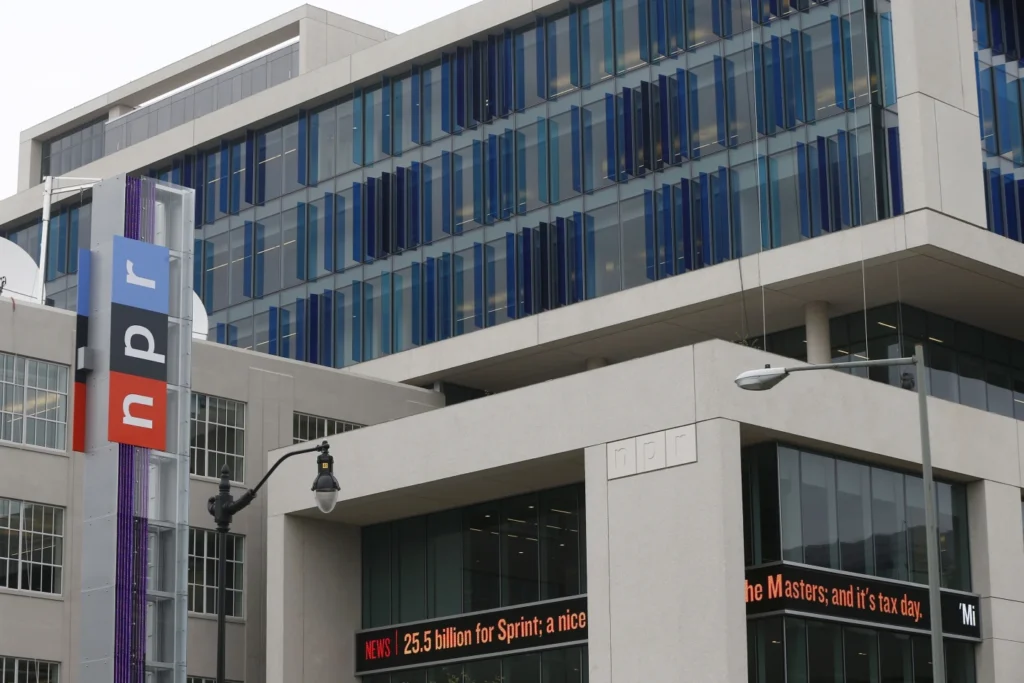
“This public-private partnership allows us to help prepare millions of children for success in school and in life, and also supports enriching and inspiring programs of the highest quality,” she added.
In response to the executive order, the CPB filed a lawsuit against the White House on Monday.
The legal challenge followed an attempt by President Trump to remove three of the corporation’s five board members.
The CPB, established by Congress in 1967, supports over 1,500 locally operated public TV and radio stations across the country.
Nevertheless, the administration maintains that taxpayer dollars should not be used to support what it sees as biased content.
